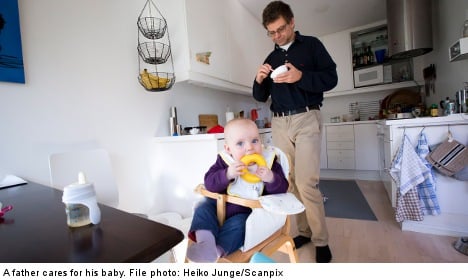Much of the criticism surrounds the long waiting times for applications to be processed, especially in cases where people have little or no other means of financial support.
The Parliamentary Ombudsman (Justitieombudsmannen, JO) investigated cases at 13 Försäkringskassan offices around the country.
According to SVT’s news programme Rapport, the inquiry reveals the authority is severely lacking in terms of service and knowledge in matters concerning benefit applications.
In one case, a person had to wait eight months for a compensation decision, despite the fact that Försäkringskassan knew they were wholly reliant on the money in question.
Another example delves into the case of a person in Halland, western Sweden, who was forced to wait half a year until their pension was finally processed.
JO adds in its report that a five-month wait to handle a decision on parental leave benefits is unacceptable. It also points to a separate incident where the serious nature of the agency’s poor service led to secret documents being leaked.
JO is now demanding that the 13 offices in question introduce measures to improve their service and reduce waiting times.


 Please whitelist us to continue reading.
Please whitelist us to continue reading.
Member comments